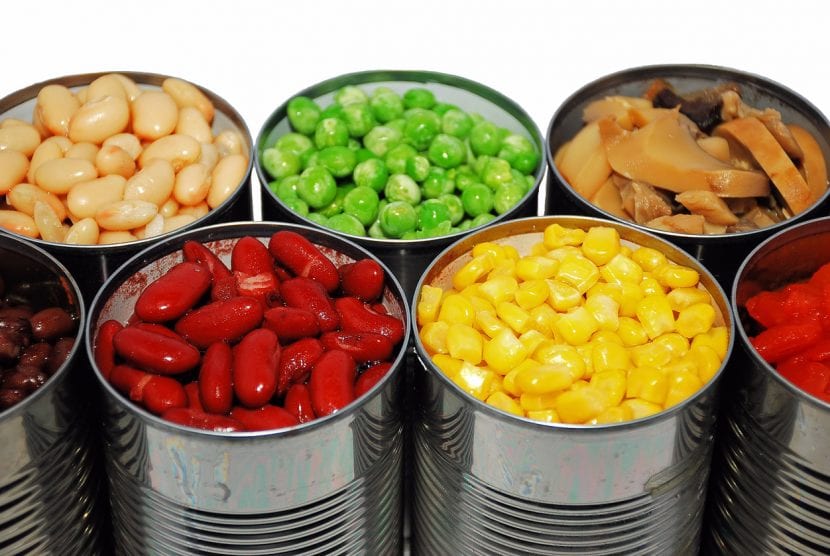Many types of food can be found on the canned foods aisle. Fruits, vegetables, soups, fish – you name it! Canned foods have many advantages, but there are some things you’ll want to look out for.
Benefits of canned foods:
- Convenience: Most canned foods are already prepared for you and ready to eat or use in any recipe. Warm vegetables over the stove or add them to a casserole. Take a can of soup to work for lunch. Canned foods, like tuna fish, are great for when you don’t have a lot of time.
- Storage: Buying canned foods allows you to store foods longer. Canned foods are also a great option for when you don’t have a lot of freezer space to store frozen foods.
- Cost-effective: Canned foods are usually cheaper. When you buy foods canned, you can store them for longer periods of time. You don’t have to worry about fresh fruit and vegetables spoiling quickly. This means less food is wasted and you get to stretch your dollar.
- Canned foods tend to have a lot of salt, except for canned fruit. Look for low-sodium on the front label and Nutrition Facts Label (see our post on how to Understand the Nutrition Facts Label). Canned vegetables can be rinsed to get rid of some of the salt.
- Canned fruits tend to be higher in sugar because of the syrup they are kept in. If you need to use fruits in syrup, be sure to pour out the syrup and rinse the fruit with water before eating. You can also look for reduced sugar options to keep fruits more nutritious. Even here, be sure to pour out the syrup.
- If you don’t use all of the food from the can at one time, you can cover the can with plastic wrap and store it in the refrigerator, but it is best to put the food in a clean glass or plastic container with a lid.
Learn more about canned foods from the United States Department of Agriculture.
Check out this Brunswick Stew recipe made with canned beans and vegetables.


